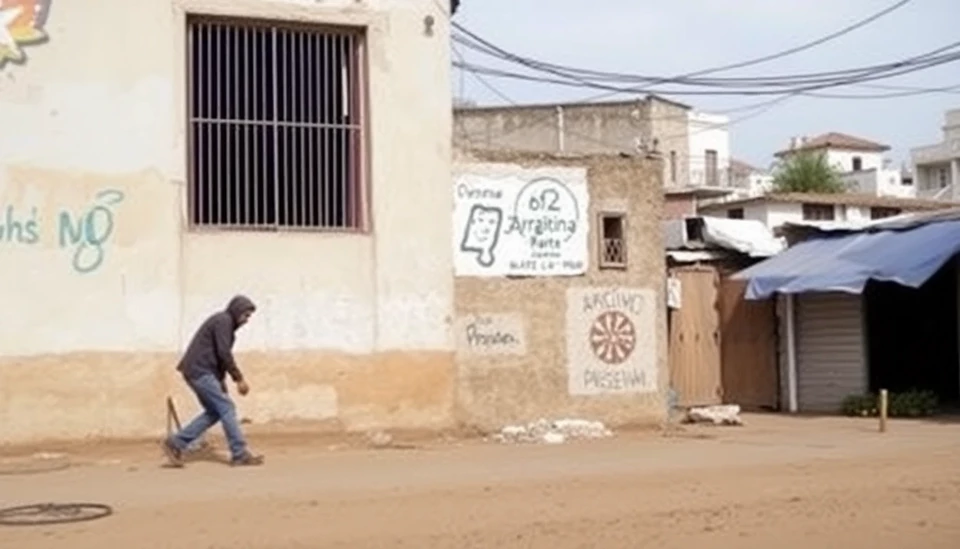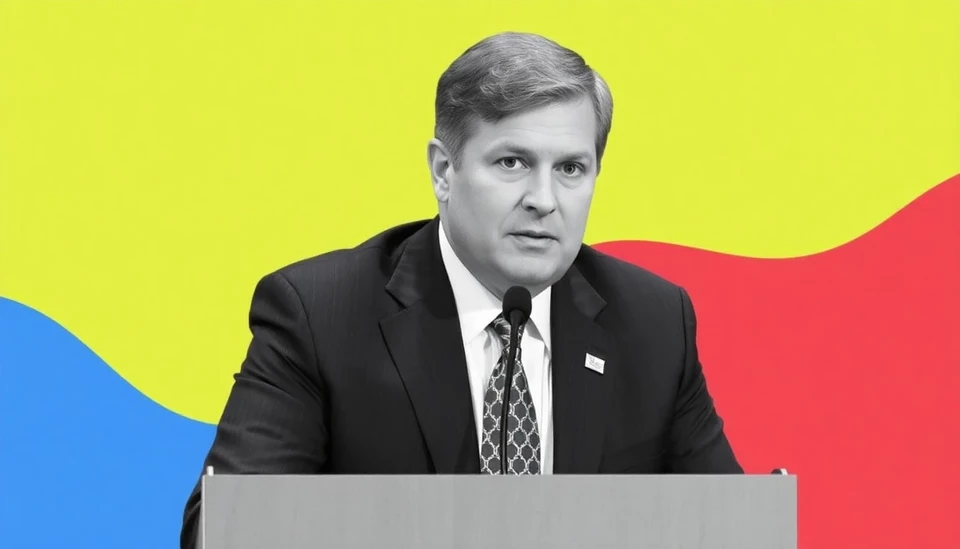
In a surprising turn of events, Argentina has reported a significant decline in poverty rates as inflation rates have begun to cool down under President Javier Milei's administration. This shift marks a notable improvement in the socio-economic landscape of the country, offering hope to millions of citizens who have been grappling with severe financial hardships in recent years.
Recent statistics reveal that the poverty rate has dropped from nearly 40% to approximately 29% in a matter of months. This decline is attributed to various economic measures implemented by Milei since his election in late 2023. The President has prioritized tackling inflation and restructuring the economy, aiming to restore stability and growth in a country that has long been plagued by economic volatility.
Milei's administration has introduced new fiscal policies that focus on reducing government spending, attracting foreign investments, and implementing structural reforms intended to revive economic growth. These initiatives appear to be yielding positive results, as inflation, which had been spiraling out of control, shows signs of moderation, facilitating an environment where basic goods become more affordable for the average citizen.
The easing of inflation has not only relieved the financial pressure felt by households but has also sparked a renewed sense of optimism in the Argentine economy. Many commentators attribute the rapid decline in poverty to the lifting of restrictive controls on the market, allowing for more competitive pricing and healthier economic dynamics.
In addition to addressing inflation, the government has launched several targeted social programs aimed at supporting the most vulnerable populations. These programs have included direct financial assistance and investments in local infrastructure projects that create job opportunities and foster community development.
However, the journey ahead is not without challenges. Critics of Milei's policies have raised concerns regarding the sustainability of these improvements, cautioning that relying heavily on market mechanisms may disadvantage lower-income families in the long run. The government faces the delicate task of balancing fiscal discipline with the need for social safety nets to ensure that no one is left behind as the economy evolves.
As Argentina navigates these changes, the international community is watching closely. The potential for a turnaround in the Argentine economy could have far-reaching implications not only for the nation itself but also for the broader region, especially as countries look for models of recovery from ongoing economic turbulence.
In conclusion, the recent decline in poverty rates in Argentina, set against a backdrop of cooling inflation, reflects both the challenges and opportunities that lie ahead for President Milei and his administration. With cautious optimism, many Argentines are hopeful that these trends will continue, paving the way for a more prosperous future.
#Argentina #JavierMilei #PovertyReduction #InflationControl #EconomicRecovery #SocialPrograms #LatinAmerica
Author: Laura Mitchell




